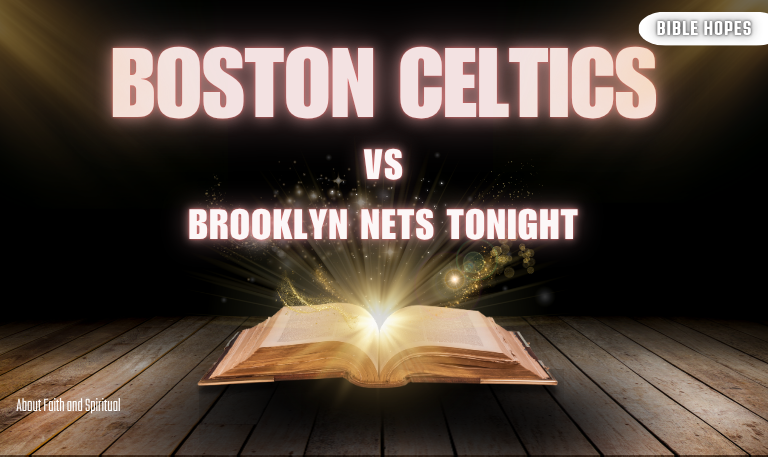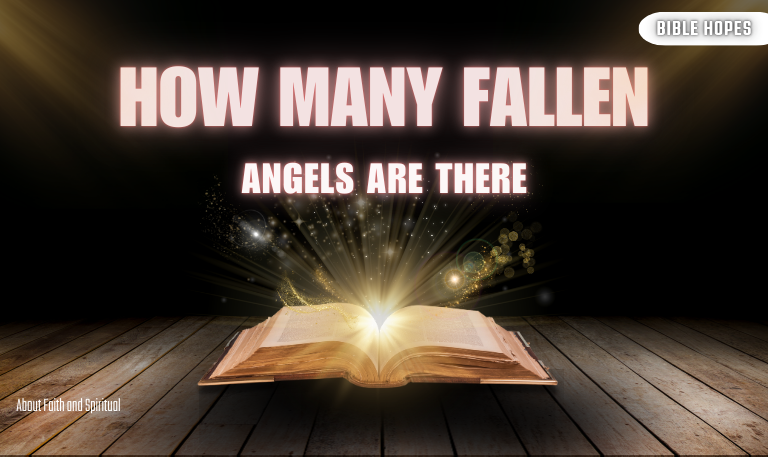When it comes to understanding the world’s major religions, the Bible and the Quran stand as foundational texts for Christianity and Islam respectively. Both scriptures have shaped the beliefs, ethics, cultures, and histories of billions across centuries. But how do these two texts compare? What are their origins, structures, teachings, and shared stories? And why is it important to understand their similarities and differences in today’s globalized world?
In this comprehensive guide, we dive deep into the Bible vs Quran debate, breaking down everything from historical backgrounds to theological insights, helping readers — whether curious seekers, students, or devout followers — gain an informed and respectful understanding.
1. Knowledge
The Bible and the Quran are not only religious texts but also historical documents, moral guides, and cultural cornerstones. Christians regard the Bible as the inspired word of God, composed over centuries by various authors. Muslims believe the Quran is the literal and final revelation from God, delivered through the Prophet Muhammad.
Both texts shape ethical codes, worldview, and spiritual practices. Yet, they differ in language, structure, narrative style, and theological emphasis. Understanding these differences — alongside their commonalities — fosters interfaith dialogue and mutual respect.
Read Also: Allah vs God
2. Historical Origins: Bible vs Quran
Bible Origins
Composition Period: Approximately 1400 BCE to 100 CE.
Languages: Hebrew (Old Testament), Aramaic (parts of Old Testament), Greek (New Testament).
Compilation: The Bible consists of two main sections: the Old Testament (Hebrew Bible) and the New Testament.
The Old Testament was canonized gradually by Jewish religious authorities. The New Testament emerged post-Jesus Christ’s life and death, completed roughly by 100 CE.
Quran Origins
Composition Period: Early 7th century CE (610–632 CE).
Language: Classical Arabic.
Revelation: Muslims believe the Quran was revealed verbatim to Prophet Muhammad over 23 years by the angel Gabriel.
Compilation: After Prophet Muhammad’s death, the Quran was compiled into a single codex under the caliphate of Uthman ibn Affan to preserve its integrity.
3. Structure and Composition
| Aspect | Bible | Quran |
|---|---|---|
| Sections | Old Testament & New Testament | Single book with 114 chapters (Surahs) |
| Format | Multiple books, chapters, and verses | Surahs (chapters) and Ayahs (verses) |
| Length | Approximately 783,137 words (in English) | Approximately 77,430 words (in Arabic) |
| Order | Non-chronological; thematic arrangement | Generally longest to shortest Surahs (with exceptions) |
| Versions | Various versions: Catholic, Protestant, Orthodox | One standard Arabic text; translations vary |
Bible: Original texts in Hebrew, Aramaic, and Greek undergo multiple translations (e.g., King James Version, NIV). Translation often involves interpretation, leading to differences in phrasing and meaning.
Quran: Considered by Muslims to be inimitable in Arabic. Translations are viewed as interpretations, as nuances and stylistic features of Classical Arabic are difficult to fully replicate.
Example: The Hebrew word “chesed” (often translated as loving-kindness or mercy) carries cultural weight that may not fully translate into English.
5. Core Theological Themes
| Theme | Bible | Quran |
|---|---|---|
| God | Trinity (Father, Son, Holy Spirit) | Strict monotheism (Tawhid) |
| Jesus | Son of God, Savior, Messiah | Prophet, not divine |
| Salvation | Through faith in Christ, grace | Through submission to God, deeds |
| Afterlife | Heaven, Hell, resurrection | Paradise (Jannah), Hell (Jahannam) |
| Prophets | Many prophets culminating in Jesus | Many prophets culminating in Muhammad |
| Scripture Role | Inspired word of God | Literal word of God |
6. Shared Stories and Unique Narratives
Both texts share numerous figures and stories, albeit with differences:
Shared: Adam and Eve, Noah and the flood, Abraham’s faith, Moses and the Exodus, Jesus (though differently portrayed).
Differences: The Quran includes stories like the Night Journey (Isra and Mi’raj) not found in the Bible. The Bible includes detailed accounts of Jesus’ crucifixion and resurrection, which the Quran denies.
7. Religious Practices and Scriptural Use
Bible: Used in liturgy, sermons, study, and personal devotion in Christianity. The Psalms and Proverbs are often memorized.
Quran: Recited in daily prayers (Salah), memorized fully by many Muslims (Hafiz). Emphasizes oral recitation and phonetic beauty.
8. Interpretation Traditions: Exegesis and Tafsir
Biblical Exegesis: Includes historical-critical methods, theological schools (Catholic, Protestant, Orthodox), and scholarly commentaries.
Tafsir: Quranic interpretation ranges from literal to mystical (Sufi), with major scholars like Ibn Kathir and Al-Tabari contributing foundational works.
9. Influence on Culture, Law, and Society
The Bible influenced Western art, law, morality, holidays, and governance (e.g., Ten Commandments).
The Quran shapes Islamic law (Sharia), ethics, daily routines, and cultural norms across Muslim-majority societies.
10. Common Misconceptions
The Quran is not a book of violence but includes historical context and calls for justice and mercy.
The Bible is not one unified book but a library of texts from different authors and times.
11. Side-by-Side Comparative Analysis
Similarities
Monotheistic belief in one God
Importance of prophets and revelation
Emphasis on justice, mercy, charity
Shared moral stories and parables
Read Also: When Is Jesus Birthday
Differences
Jesus’ nature and role
Textual origins and compilation
Theological concepts such as Trinity and Tawhid
12. Controversies and Modern Debates
Disputes about textual authenticity, contradictions, and translation errors.
Debates on interfaith compatibility and religious pluralism.
Ongoing scholarly and theological discourse on scriptural interpretations.
13. The Role of Scripture in Followers’ Lives
Provides ethical guidance and spiritual comfort.
Shapes identity, community bonds, and worldviews.
Inspires art, music, rituals, and festivals.
14. Contemporary Relevance and Adaptations
Both texts are studied academically, spiritually, and culturally.
Modern interpretations seek harmony with science and human rights.
Interfaith initiatives use scripture for dialogue and peacebuilding.
Bible vs Quran FAQs
Q1: What is the main difference between the Bible and Quran?
A: The Bible is a collection of books written over centuries; the Quran is considered the direct, unaltered word of God revealed to Prophet Muhammad.
Q2: Which book came first?
A: The Bible predates the Quran by several centuries.
Q3: Do they share any stories?
A: Yes, including stories of Adam, Noah, Abraham, Moses, and Jesus, though narratives differ.
Q4: How do they differ in the view of Jesus?
A: The Bible portrays Jesus as the Son of God and Savior; the Quran regards him as a prophet.
Q5: Are the texts reliable historically?
A: Both have undergone extensive preservation; scholarly debates exist, but both are foundational to their faiths.
Conclusion
Understanding the Bible vs Quran enriches religious literacy and promotes respectful dialogue in our diverse world. While differing in many ways, both are profound spiritual legacies guiding billions toward faith, morality, and meaning.
![Bible vs Quran | Two Holy Scriptures [2025 Guide] 1 Bible-vs-Quran-Two-Holy-Scriptures-[2025-Guide]](https://biblehopes.com/wp-content/uploads/2025/06/Bible-vs-Quran-Two-Holy-Scriptures-2025-Guide.png)


![15 Pink Bible Verses | Discover Meaning, Love [2025 Guide] 5 15-Pink-Bible-Verses-Discover-Meaning,-Love-[2025-Guide]](https://biblehopes.com/wp-content/uploads/2025/05/15-Pink-Bible-Verses-Discover-Meaning-Love-2025-Guide.png)